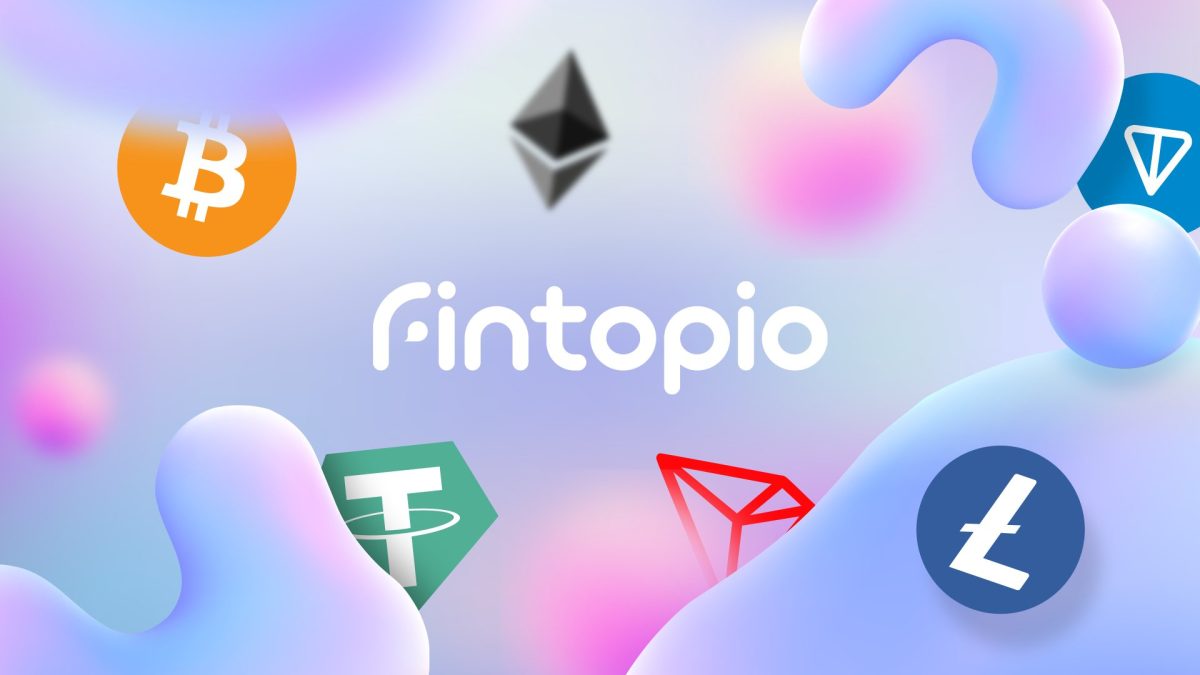Crypto exchange Bitso sees growth with Latin America facing political, financial chaos

Quick Take
- Bitso, a crypto exchange that operates in Argentina, Brazil, Colombia and Mexico, is seeing solid growth from institutional clients craving stablecoins.
- The company currently has more than 1,500 institutional clients, many of which have costs in dollars.
- “They want to have some exposure to dollars but instead of going to a bank and hedging with FX forwards, they buy stablecoins,” Bitso Brazil head Thales Araújo de Freitas said in an interview.

Crypto winter, while challenging, hasn't been enough to overshadow the opportunities arising from the typical Latin American tempest of political unrest, inflation and currency concerns. Just ask Bitso.
The crypto exchange, which operates in Argentina, Brazil, Colombia and Mexico, is seeing solid growth from institutional clients craving stablecoins as a way to overcome the aforementioned challenges and deal in U.S. dollars.
“They want to have some exposure to dollars but instead of going to a bank and hedging with FX forwards, they buy stablecoins,” Bitso’s Brazil head, Thales Araújo de Freitas, said during an interview in Miami after speaking at the Fintech Nexus LatAm conference. “Even with the winter, we keep seeing more interest from companies.”
Latin American countries are frequently destabilized by politics and economies that are on shaky ground. Peru is in a state of emergency after the president tried to dissolve Congress and was subsequently impeached and arrested earlier this month. Argentina's annual inflation expanded more than 92% over the past 12 months while its black market currency weakened by some 55%. Meanwhile, Brazil's stock market is down more than 10% since its presidential runoff election saw leftist Luiz Inacio Lula da Silva win in October. Its currency has weakened some 6.7% over the past year.
All of the chaos has presented opportunity for people and businesses seeking safe havens, either to hold their cash or convert it to alternative currencies.
Bitso already has more than 1,500 institutional clients, many of which have costs in U.S. dollars. Bitso has products in Mexico, Colombia and Argentina that allow for the seamless transfer of crypto to fiat accounts, and it’s looking at building out something similar in Brazil, Freitas said.
“In Brazil, it’s not very easy for a company to open a bank account overseas,” he said. In particular, clients like Circle's USDC.
“Circle, they have done a great job promoting their transparency, and it’s become like a premium stablecoin,” he said, noting that clients also trade other stablecoins including Dai and Tether. “The most important aspect right now is the liquidity."
Digital real
Freitas said he expected stablecoin issuers to converge on a more conservative approach in terms of assets they hold to back the coins.
Amid the fallout surrounding the collapse of the FTX crypto exchange, Freitas said there was still enthusiasm in Latin America from regulators.
“Latin America, and Brazil in particular, we are ahead of the U.S. and other G7 countries,” he said, pointing to the country’s efforts around the creation of a central bank digital currency and a new crypto law approved by congress last month and waiting for the president's signature. “In Brazil, we have big banks trading crypto.”
A digital real in Brazil could eventually be used by banks and fintechs for settlement amongst themselves and also as collateral for private stablecoins, he said.
The company currently has more than 1 million customers in Brazil, Freitas said, adding that he wanted growth to come from customers using multiple products. Cross-border travel in the region presents an especially promising opportunity.
Colombia growth
“A Brazilian can travel to Argentina and scan a QR code, and then you can pay using your crypto, and then you get the best exchange rate,” he said.
The company recently launched operations in Colombia, which is currently the company’s fastest-growing market.
“They’re very enthusiastic about saving dollars,” he said. “The use case of USD stable coins is huge in Colombia. They like new technologies, like Brazilians. It’s a new market, so we have higher growth rates, but we have seen enthusiasm for stablecoins.”
The company has not been immune to the industry downturn and last month made a round of fresh layoffs. Freitas said the "necessary" cuts had been unfortunate, although in line with what has gone on elsewhere in the space.
"Right now we have this winter, but we're confident the summer will come again," he said, adding that the company would be hiring for specific roles. "We're still very bullish."
© 2023 The Block. All Rights Reserved. This article is provided for informational purposes only. It is not offered or intended to be used as legal, tax, investment, financial, or other advice.

